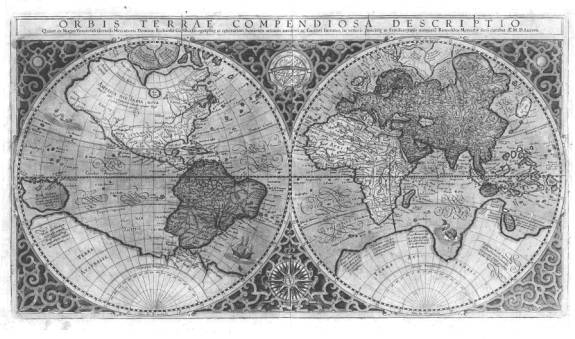LITR 5734:
Colonial & Postcolonial Literature

Sample Student Final Exams 2008
Essay 1: Describe and evaluate your learning experience or learning curve (Objective 3 + others)
Allison Coyle
LITR 5734 Meets Modern Day Classrooms
Whenever I used to think of the word “literature” the same names and titles would all come to mind: Shakespeare with his Romeo and Juliet, Herman Mellville with his Moby Dick, and Charles Dickens with his Oliver Twist. It wasn’t until this semester that while taking Dr. White’s Colonial and Postcolonial Literature course that I began to truly understand the depth of literature and its correlation to my graduate studies as a Cross Cultural major. At the beginning of this course I had expressed my apprehensions of coming from a non-literature background with Dr. White. He reassured me that by the end of this course I will have gained much insight into the ways in which Postcolonial and Colonial texts breathe new life into my studies. Sure enough as this semester comes to a close this course has opened a new door to exploring the many cultures of the world, past and present, through literature. I am glad to say that my expectations and realizations have gone above and beyond my close minded apprehensions I initially began with.
This course has given me much more than just a 3 hour credit towards my graduate degree. Last year I came to a fork in the road regarding what I wanted to do with my life. I had been struggling with my passion to get into the social work field, counseling, and working with children. With all of these career paths tugging at my heart strings I came to the realization that the one job in this world that would cater to all three would be to teach. I’ve been interning his past school year which has kept me bonded to my mentor’s lesson plans. This coming year, 2008-2009, I will have my own classroom teaching Reading, Language Arts, and Social Studies to Middle School students. This is where this course has truly opened up new doors for me regarding the concepts I want to explore with my students.
With any profession I believe people have every intention at striving to be the best at what it is they do. For me it is imperative that I create a very open and diverse learning environment for my students. One of the best outlets to accomplish this task, for me, is to explore various multicultural ideas through research and literature within the social studies curriculum. I not only want my students to read the literature and be able to answer comprehension questions, I want them to read texts from various genres, cultures, and time periods and be able to interrelate them as we have done this semester. This course has helped me to understand that texts do have dialogue and they speak to us in ways that help to understand the mindsets of the people in that time period.
In regards to Objective 3c: Issues of American ignorance of larger world and alternative worldviews, my Cross Cultural studies, in connection with my career and this course, have made this issue that more apparent in my everyday life. Working in a predominantly white upper middle class school district, one in which I completed all 13 years of my pre-college education, I have seen this ignorance firsthand. Growing up I believed I was getting the best education a public school system had to offer. The district was (is) exemplary and, for the most part, the students were (are) extremely bright. It wasn’t until I started college that I began to realize just how cheated and sheltered I had been. This eye-opening experience was one I not only endured once in my lifetime, but twice. As a teacher in this same district I now realize that my job is no longer to expand the minds of tomorrow but to teach to the state test. Exposing these students to cross cultural topics such as Buddhism, Islam, and political/religious wars within nations (i.e. Northern Ireland) is frowned upon by the narrow minded parents within the community.
While it is ok to skim the surface of cross cultural topics within social studies textbooks, it is forbidden to teach from the Quran when discussing the religions of the world. You would think that the parents of the students who belong to an upper middle class community would have enough education to know the benefits that exposing their children to multicultural ideas would have on our nation’s future. Yet, this idea of “exploratory reading” (termed by Michael Russo in his 2005 Final Exam-Essay 1- titled Refinement Reading vs. Exploratory Reading) isn’t encouraged. Exploratory reading is reading that is meant to expose new ideas to readers, which are entirely foreign, to better understand the world. Michael goes on to discuss that
The average American reader, educated in American schools, generally comes into contact with the literature of the Western world…Robinson Crusoe… (yet) little effort is given to look much beyond the exterior of foreign cultures, or to find enlightenment or knowledge from the philosophies of the colonized people who occupy these novels.
I struggle with this ignorance and the injustice it is plaguing on our society’s future.
This course has been rewarding for me because I have now been exposed to the different depths, time periods, writing styles, and directions that literature has to offer the Cross Cultural school of thought. The strategy of exposing dialogue between two texts is one in which I can’t wait to implement into my classroom. This is one way in which I can show/explain the evolution of cultures in social studies lessons, as well as attach it to reading lessons. Thematic units are great ways to connect ideas across a curriculum. From poetry to novels the endless educational possibilities are refreshing, to say the very least.
